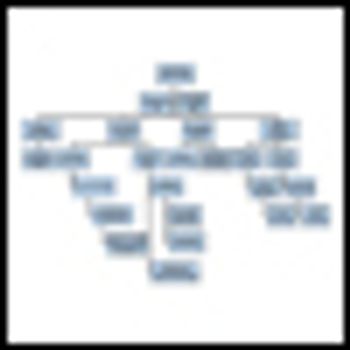
Sanofi-aventis US announced that the US Food and Drug Administration (FDA) approved the supplemental new drug application (sNDA) to include 6-year overall survival analysis from the MOSAIC trial in the oxaliplatin (Eloxatin) prescribing information (PI). The new PI also reports 5-year disease-free survival (DFS) data in stage III colon cancer patients treated following surgery to remove the primary tumor.


